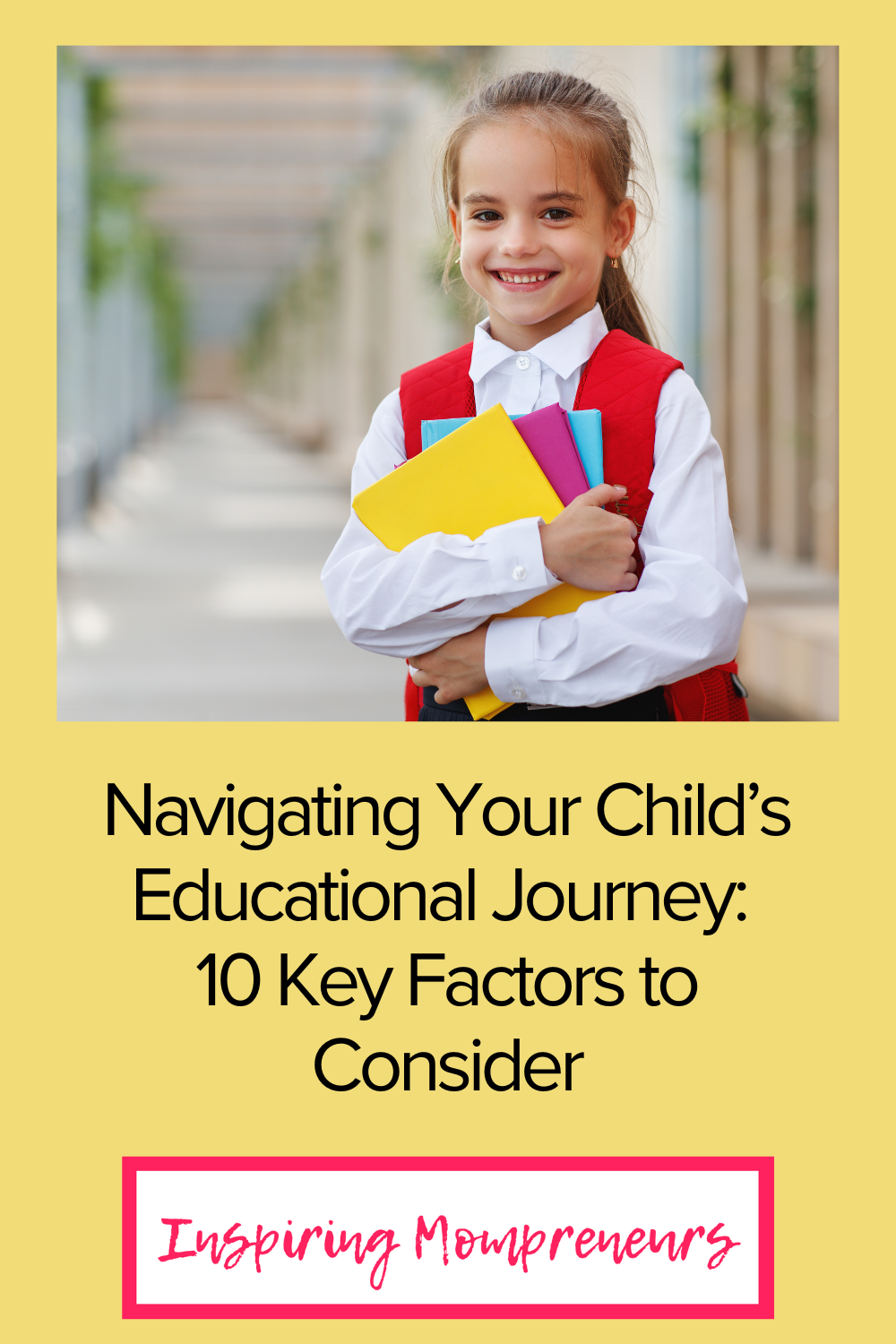Today’s post covers how to navigate your child’s educational journey and key factors to consider. One of the biggest decisions you will ever make as a parent is how and where your child will be educated. The venue where your children learn—from elementary to university levels—shapes not just the academic development of your child but also their confidence, social skills, and worldview.
Although decisions might be daunting at first, the right turn, once taken, could provide a way to go and define an educational pathway that best suits a child according to their aptitude and goals. Herein, we look at vital points that could help in making this paramount decision:

01) Knowing Your Child’s Learning Style
Each child absorbs information differently. Though some may be perfectly suited to the more structured approach of a traditional classroom, others may learn most effectively through hands-on or experiential means. Figuring out if a child is a visual, auditory, or kinesthetic learner can be transformative.
For example, a child who learns best through movement and hands-on activities may find that a more progressive or Montessori school meets their academic needs better than the traditional approach. Paying close attention to how your child processes information at home can provide valuable insights into the types of schools that might best support them.
02) Balance Assessment between Academics and Extracurricular Activities
Academic rigor tends to be key for many parents in school choice, but it shouldn’t eclipse other opportunities available through extracurricular activities. A well-rounded education extends beyond textbooks and tests: exploring art, sports, and music can nurture a love for learning.
Ask about the availability and quality of such programs when you’re checking into schools. Do they suit your child’s passions and interests? A school that balances academic and extracurricular activities healthily often fosters more engaged and motivated students.
03) Teacher-Student Interaction
The interaction that teachers have with their students is essential for educational success. Observe whether teachers are approachable and show genuine interest in their students’ learning. Does the school encourage teachers to be mentors as well as educators? Smaller class sizes generally mean more individualized attention, so weigh the benefits that a school’s teacher-to-student ratio can offer. Positive, strong relationships with teachers can inspire confidence and a lifelong love of learning.

04) Inclusivity and Accessibility
Education should be inclusive. Schools should celebrate diversity and ensure their infrastructure and resources support students of different abilities. This is where evaluating ADA compliance for schools becomes crucial. The ADA Compliance Checklist helps campuses ensure that their facilities meet accessibility standards. It’s not just a legal mandate to avoid lawsuits; it’s essential for building a learning environment where all students feel valued and supported.
05) Academic Philosophy and Approach
Understanding a school’s academic philosophy can provide further insight into its teaching methods and priorities. While some institutions emphasize rote learning and standardized tests, others focus on critical thinking, creativity, and problem-solving. Is the institution teacher-centered, or does it use a student-centered approach? Schools that encourage inquiry-based learning may be more suitable for children who are naturally curious and independent thinkers.
06) Emotional and Social Development
Education is not just about intellectual achievement; it’s also about social and emotional intelligence. Schools that incorporate SEL programs teach empathy, emotional regulation, and communication skills. Take time to ask how the school supports mental health and social development. Are counseling services available? Are there policies regarding bullying and conflict resolution? These factors contribute significantly to a child’s sense of security and belonging.

07) Commute and Location
Logistics play an undeniable role in school choice. How far would you be willing to travel each day? A school that fits all your criteria may lose its appeal if an hour-long commute becomes exhausting. Consider practicality: proximity to home, public transportation, or carpool options. These factors can affect not just your child’s schedule but your family’s overall well-being.
08) Class Size and Resources
A smaller class size can make a significant difference for some students. It provides more opportunities for participation and reduces the risk of your child being overlooked. Beyond class size, consider available resources. Is there modern technology in the classrooms? Are science labs, libraries, and art studios well-equipped? Schools that prioritize resources often provide a richer learning environment.
09) Fit to School Culture and Values
Schools are communities with unique cultures and values. Visit the school, attend an open house, or take a tour to understand its atmosphere. Does it align with your family’s beliefs? For instance, a highly competitive environment might motivate some students but could stress out others. Understand what kind of culture your child will thrive in.

10) Response from Current and Former Parents
Testimonials can be invaluable. Talk to parents who currently have children enrolled or those who have experienced the school. Their insights can offer a more nuanced perspective than brochures or websites.
Final Thoughts
Supporting a child’s education requires more than academics; it includes emotional well-being, social development, and inclusivity. Align these with your child’s personality, learning style, and goals without rushing. A thoughtful, informed decision lays the foundation not just for academic success but also for a fulfilling educational journey.


